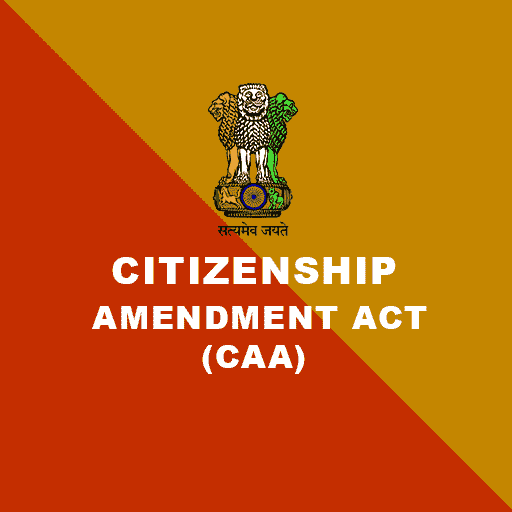Elaborate on Aristotle’s theory of citizenship
Aristotle developed the idea of citizenship and restored the problem of citizenship to the center of political discussion: Citizenship has been a persistent social human need. It is as old as settled human community. It defines those who are and who are not member of a common society. The social and political ties, which hold an individual in community with his fellows, is the essence of citizenship. It is a relationship between the individual and the state by which the former owes allegiance and the later gives protection. The concept of citizenship was invented by the Greeks and has been defined, redefined and reinvented during the last 2500 years by Romans and the modern nation-state.
The population of Greek city-states was divided into citizens, slaves, women, foreign resident and Plebeians. Aristotle held the view that man is a political animal and he could reach the full potential of his life and personality only by participation in the affairs of the polis. Hence the question was who could participate and who could not. For Aristotle, citizens was man who enjoys the right of sharing in deliberative of judicial office. Before discussing who is a citizen, Aristotle clarifies what citizenship is not. He said that mere residence in the polis does not make a persons a citizen—aliens and slaves reside along with citizens in the same city.
According to Aristotle, this can be different in different governments such as monarchy, oligarchy or democracy. But nowhere this power is given to slaves, women, and foreign residents. Aristotle also excluded manual and menial workers from the pale of citizenship. And he had solid reasons for this. According to him, participation in the deliberative and judicial functions of the state demands a high degree of moral and intellectual excellence, which he termed as ‘virtue’.
This is not found in all the inhabitants of the state. The slaves are not a citizen because they do not have deliberative faculty. Women are not citizen because they do not possess virtues worth of citizens. The resident aliens cannot be citizen because they are the citizens of other city-state. The mechanics and laborers are not citizens because they lead an ignoble life.
VIRTUES OF CITIZEN : Explaining the virtues of a citizen, Aristotle says that the citizen should know both how to rule and how to obey. It is sometimes thought that the ruler and the ruled must learn different things and not the same. However, the citizen must know and share in them both. Citizens are all who share in the civic life of ruling and being ruled in turn. They must possess the knowledge and the capacity requisite for ruling as well as for being ruled. Aristotle believed in the dictum that he who has never learn to obey cannot be a good commander. The good citizen ought to be capable of both.



